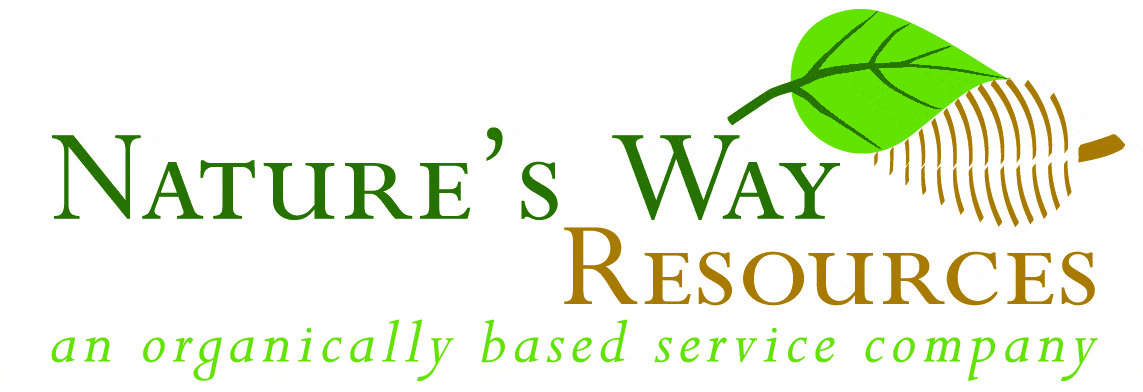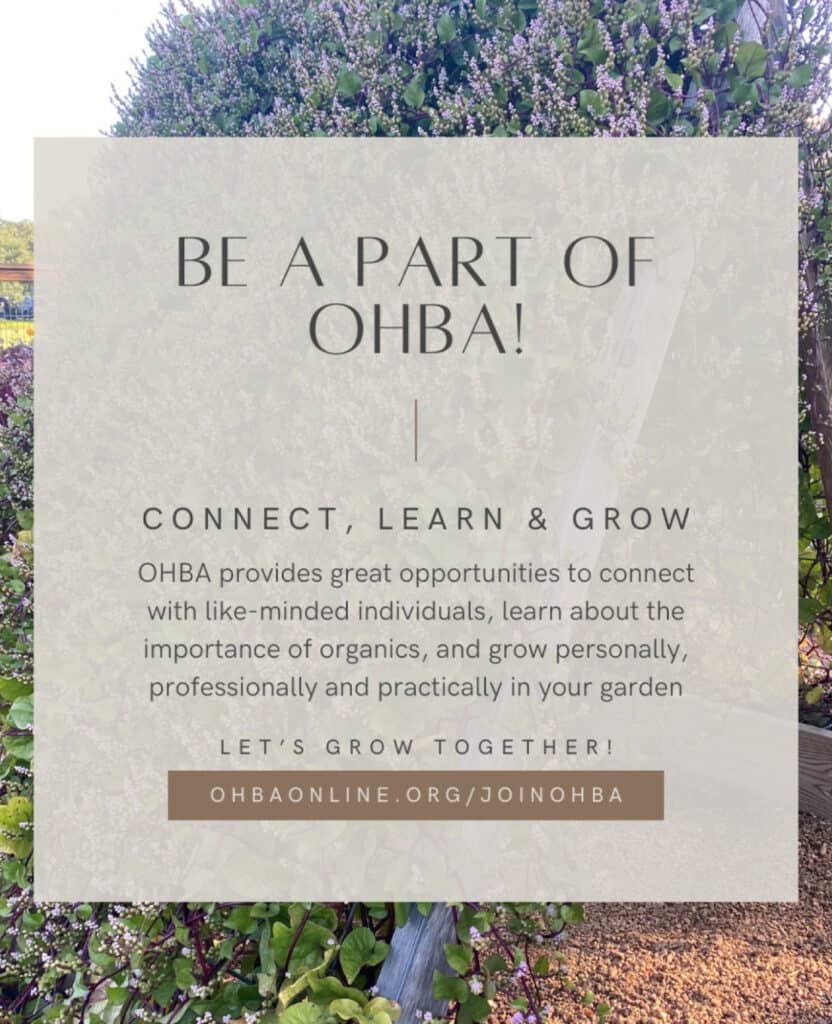John's Corner:
Soil & Plants (Part 183)
News from the Wonderful World of Soil & plants 183
By: John Ferguson
I recently read an article in the Journal Environmental Pollution (2021) on children’s health. They found that, “healthy diets including organic diets are richer than fast food diets in nutrients necessary for the brain, such as fatty acids, vitamins and antioxidants, which together may enhance cognitive function in children”.
They also found that children whom ate organic diets displayed higher scores measuring intelligence and working memory. Conversely, many studies have found that conventional diets increase the presence of pesticides and their metabolites in a person’s urine. Higher levels of glyphosate and other toxic pesticides in their bodies result in developmental problems in children.
The reason to use modern organic methods in our garden, to grow food, and purchase organic products continues to increase every day.
Note: A study published in the journal Environmental Health Perspectives (2021) found that organically produced meat (grass fed) had far lower overall contamination (pathogenic bacteria and chemicals), than conventionally raised animals.
One of the reasons we garden is for our health and home vegetable gardening has exploded the last couple years. One advantage of growing and eating Kale is that it contains a substance known as bile sequestrants, which bind to bile acids in our gut preventing them from being reabsorbed. This reduces the amount of cholesterol in our system.
Other cruciferous vegetables and their relatives like broccoli, cabbage, cauliflower, Brussels sprouts, turnips, kohlrabi, bok choy, and radishes all contain sulforaphane which has been show to help fight cancer. These are cool season plants that do best in early spring and in the fall as most are frost tolerant.
A new study by Oregon State University has found another chemical found in the cruciferous vegetables called DIN (3,3 ‘-Diindolymethane) which also shows strong promise in treating and preventing many forms of cancer. Studies in the journal PLOS-1 and by the University of California have also found strong anti-cancer benefits of DIM.
Plants require microbes to provide them with the nutrients they need to grow and reproduce. A study published in the journal American Naturalist (2021) by researchers from Stanford, found that plants often use the rule “equal pay for equal work” in their relation with microbes. Microbes that provide the most nutrients tend to get paid the most in carbon rich root exudates.
For those new to the newsletter, carbon is the currency used by many forms of soil life. Carbon is often referred to as the energy of the soil.
Microbes in the soil and living on the roots have now been found to help prevent pathogens on plants leaves. Research at the Max Planck Institute for Plant Breeding Research published in the Journal Nature Plants (2021). This is similar to how microbes in the human gut help our immune system work better.
When we use any product that harms the microbes from chlorinated water, to artificial fertilizers and other salts, pesticides, fungicides, etc. we lose this protection (similar to eating junk food above). The reasons to only use organic methods continue to increase.
In January 2020 the World Economic Forum launched the One Trillion Tree Initiative, which is a global movement to grow, restore, and conserve trees around all over the Earth. Several other organizations have similar initiatives.
However, there is too much focus on the number of seedlings planted, but far too little on how to keep them alive for the long term. As part of the global effort, we have several tree planting initiatives in the Houston area. However, I want to highlight a couple of problems that nullify the results.
One of the problems is a lack of knowledge by those planting the trees and their managers. The picture below shows a chlorotic tree in a median in west Harris County a few years ago.
The problem was caused by using a low-quality mulch (essentially raw wood) that caused a nutrient tie up. In an effort to save the trees the county applied a strong liquid fertilizer that burned the grass as seen in the photo below.
All the trees died along the stretch of road for many blocks (these trees counted as planted even though they died). The county came in last year and replanted the entire stretch and did
the same thing and almost all of the trees have died or they are very sick. These trees were counted again (not to mention wasting a lot of tax payer dollars). As the old proverb states “cheap is not always the lowest cost”.
The second item is the species of trees we plant. Some species provide lots of environmental benefit from sequestering carbon to food for birds and other wildlife, cleaning and cooling the air, etc. Many others are useless and even cause harm. A friend showed me a recent article on Facebook by the Houston Chronicle that was promoting the Bradford Pear which is a useless tree and should be prohibited.
The organization Houston Wilderness led an effort to establish and publish good guidelines about planting trees in our region. It covers the best species to plant and how they benefit society. The manual is free and can be found at: www.houstonwilderness.org.
Researchers at the University of Maryland and Berkley did a meta-analysis of 394 studies on the effects of non-target organisms (invertebrates) that have eggs, larva or spend part of their life in the soil, on the effects of pesticides.
Invertebrates are essential in breaking down organic matter, cycling nutrients, creating soil structure and aeration, controlling pests, and providing other ecosystem services.
They looked at 2,842 separate parameters and found that pesticides of all types (includes herbicides, fungicides, miticides, etc.), were a hazard to the soil invertebrates. Journal Frontiers in Organic (2021)
When we lose soil life, the quality of our soil degrades and we have more insect and disease problems in our gardens. The reasons to use the modern horticultural methods based on biology (organic) continue to increase.

